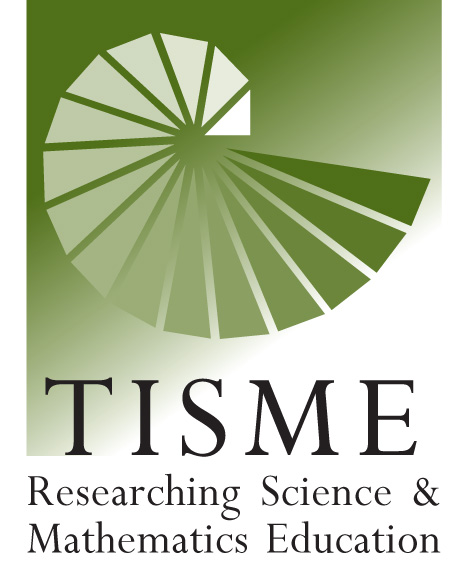Project rationale
Many students in secondary school do not find physical science and mathematics engaging. Many also have difficulty in learning these subjects with understanding. This leaves important gaps in their education and narrows the range of careers open to them. The epiSTEMe project has developed a research-informed intervention designed to incorporate teaching features known to improve student experience and outcomes. The intervention is suitable for widespread use in typical English schools during the first year of secondary education. This period is known to be a crucial one in the formation of student attitudes towards school subjects as well as their study and career aspirations.
Research base
There has been half a century of research on the effective teaching of mathematics and science at school level. This work has often drawn on an even longer tradition of research on conceptual development and learning in these areas. Over recent years, there have been significant attempts to synthesise the resulting knowledge in ways that provide guidance for policy and practice. Drawing on this cumulative body of research, the epiSTEMe project has developed a principled approach to teaching and learning mathematics and science, using further insights from a range of social scientific fields.
Pedagogical approach
The epiSTEMe pedagogical approach organises lessons around carefully crafted problem situations which appeal to shared student experiences and interests. Tasks are framed and approached in ways that build students’ ability to think as mathematicians and scientists and support key conceptual advances in a topic. In particular, many tasks have been designed to trigger critical examination of common forms of fallacious reasoning. A distinctive feature of the epiSTEMe approach is its use of dialogue – in small student groups and the whole class – to elicit and examine differing points of view on problem situations. Together, these features support the kind of interactive and adaptive teaching approach which OfStEd reports as being underdeveloped in current practice in English schools.
Development process
The epiSTEMe team worked closely with teachers from several schools over an 18-month period to develop, trial and refine the intervention. The development process was a rigorous one, drawing on the expertise of teachers and researchers, as well as on synthesis of relevant research literature and analysis of evidence from classroom trialling. Its aim was to generate tried-and-tested resources for training teachers and teaching students, as well as to improve understanding of teaching and learning processes in school science and mathematics.
Intervention resources
The epiSTEMe intervention comprises a 2-day training programme for teachers, plus teaching materials for around 20-hours of classroom-based activity through which teachers and students are inducted into the epiSTEMe approach to teaching and learning. A short Introductory Module builds teacher and pupil understanding of the value of talk and dialogue in supporting subject thinking and learning, and develops rules and processes to underpin effective small-group and whole-class discussion. Two Topic Modules in each subject are designed to stimulate and capitalise on talk and dialogue, and to illustrate the pedagogical principles and processes of the epiSTEMe model.
Evaluation in schools
The research team designed, trialled and refined a versatile suite of research instruments for analysing classroom interaction, examining student attitudes and assessing student learning. These were used to gather evidence to underpin systematic evaluation of the epiSTEMe intervention in action. A field trial was conducted over the 2010/11 school year in 25 volunteer schools, randomly assigned to intervention and control groups. Within the intervention group, observation of lessons indicated that the level of dialogic teaching was higher for one of the topic modules than others. Evaluation focused on the effectiveness of the topic modules, each trialled in more than 10 classes containing a total of over 300 pupils, and compared with a group of similar composition. Overall, at this first implementation, learning gains under the epiSTEMe intervention were no greater, although for individual topic modules the effects ranged from small negative to small positive. No difference was found between intervention and control groups either in the opinion of pupils about their classroom experience or in changes in their attitude towards subjects.
Project findings
Reports have been produced on the design, operation and evaluation of the intervention as a whole, and of individual modules, and on the conceptualisation, operationalisation and implementation of the dialogic teaching approach which has a key place in the intervention. Various research publications are available.
Project team
The investigators for the epiSTEMe project were Kenneth Ruthven, Christine Howe, Neil Mercer and Keith Taber. The research associates for the project were Riikka Hofmann, Paula Guardia (April to December 2012), Stefanie Luthman (November 2008 to January 2012) and Fran Riga (March 2009 to February 2010).
Project history
The epiSTEMe project started in August 2008 and finished in January 2013. The project was sponsored by the UK Economic and Social Research Council (ESRC Grant Number: RES-179-25-0003) as part of the Targeted Initiative on Science and Mathematics Education (TISME).


